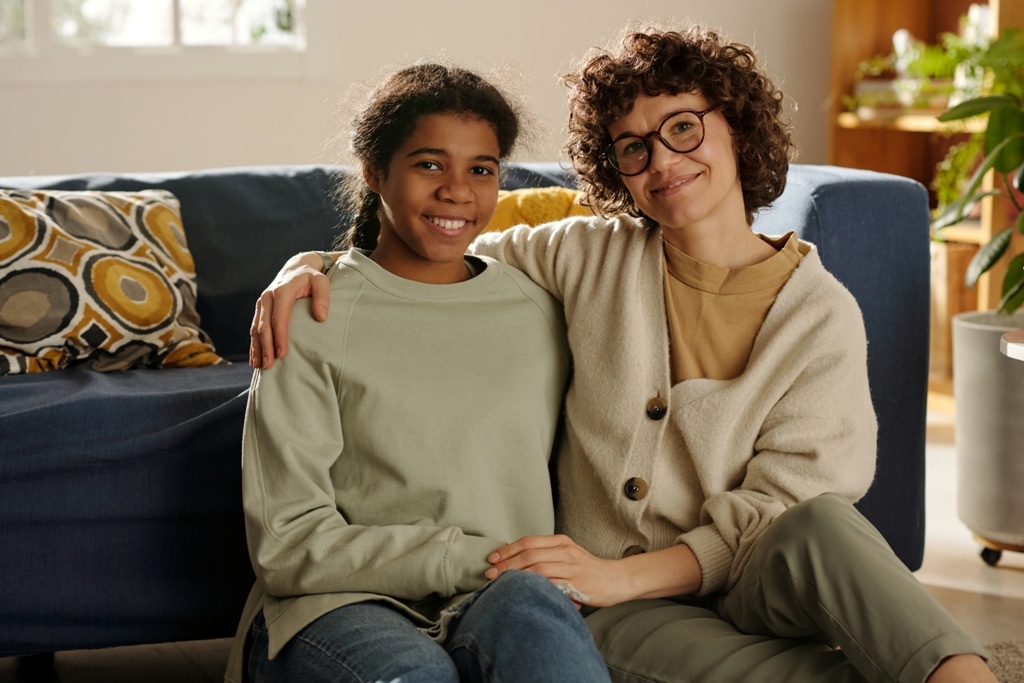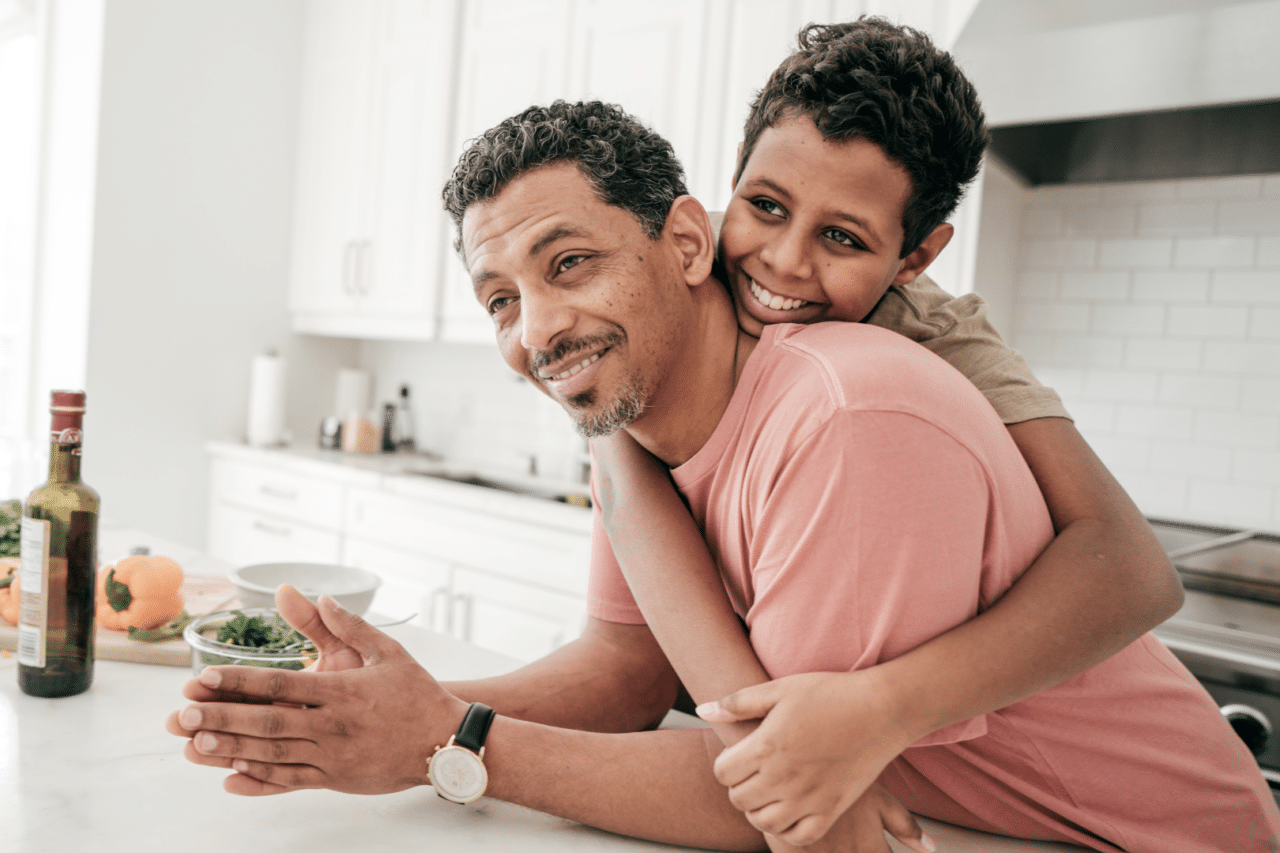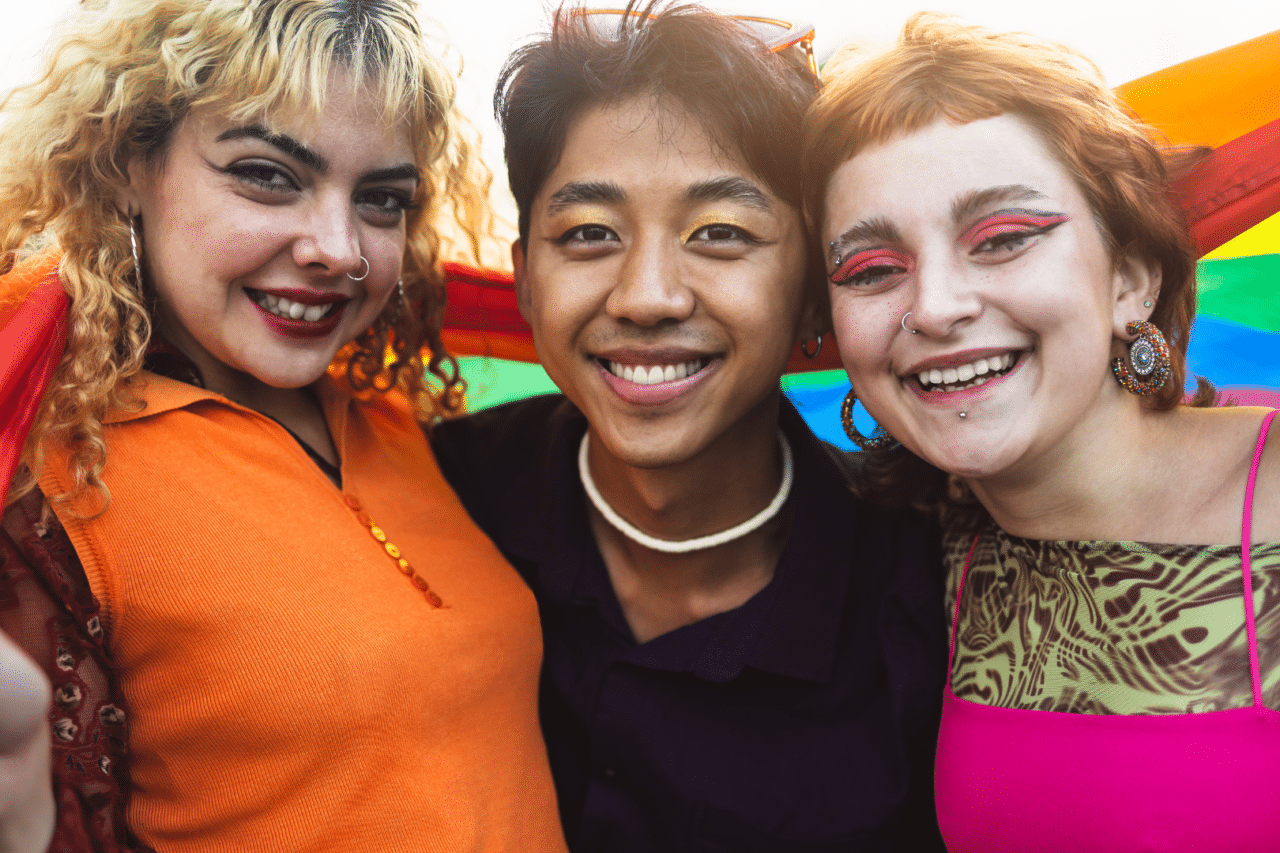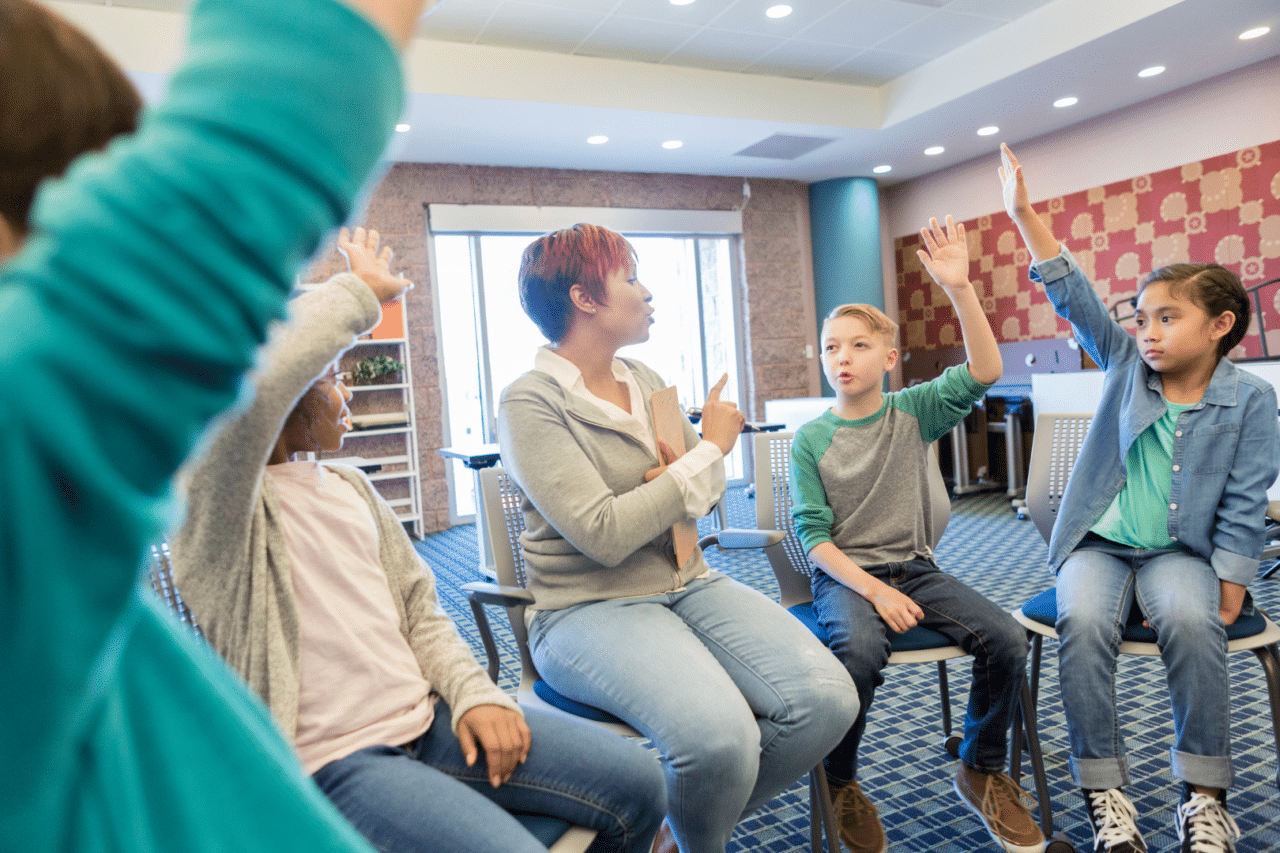How to Honor Your Child’s Birth Family
How to Honor Your Child’s Birth Family

“Where are your real parents?” “Why are you a different color than your mom?” “Why do
you have two moms?” All were questions I, a Black former foster youth growing up with two
White moms, received often. To me, the answers were simple: “These are my real parents,
I’ve lived with them almost my whole life.” “I am a different color than my parents because
White people have legal guardianship of me.” “I have two moms because two women
sought to adopt me.” In time, I realized that people were not asking about my family
because they were interested in the present — no, they were interested in the past, in what
I had lost. When framed that way many of the questions took on a different tone: “What
happened to you?” “Why don’t you live with your birth family?” “Why did you lose your first
family?” were how the questions began to sound.
I did not know the answers to these questions or who to get them from. A joint custody
agreement had been arranged between my birth family and my moms. I lived with my moms
and visited my birth family every other weekend. Like many children in my position, I found
myself wondering which family to be loyal to, or rather, which family I was being disloyal too.
If I had a good day with my birth family, I refrained from talking about it with my moms for
fear that hearing me talk of my day positively would make them jealous of my birth family, or
worse, that they would think I did not view them as my legitimate parents. After bad days
with my birth family, I worried that if I talked about it, my moms would get angry at my birth
family. If conflict ensued, I knew neither one of my families would ever accept the other, that
I would always feel caught in the space in between, a space that continued to make me feel
as though I was picking which family I was going to belong to, rather than allowing me to
share my life with both of them.
The challenges I faced were not unique to me. What I yearned for was for my birth family to
be honored. My adoptive family had already been honored. They were honored when the
courts decided that they were the more suitable home for me to grow up in. They were
honored when I agreed to change my last name to their last name. They were honored
when I told a judge at the age of 7 that I would rather live with them than with anyone else.
It was time for my birth family to be honored as well.
Sometimes parents ask me what they can do to honor the birth families of their children.
The first step I encourage them to take revolves around language. One of my moms got a
lesson in this a few years ago. I had just come back from my relative’s house.
“How was Ms. Davis?” My mom said. I paused.
“Mom, could you call her Grandma instead of Ms. Davis?”
“Oh,” my mom said. “Yes. I did not know … I just got to know her as Ms. Davis, and so
that’s what I called her. “Yes, I will do that.”
For years I had felt uncomfortable when my mom addressed my grandmother as Ms. Davis.
However, it was on that day that I finally realized what I needed from her — to address my
grandmother as part of my family, because that is what she was.
Honoring your child’s birth family does not stop with the language you use to describe them.
However, it can start there. In the eyes of your child, whether positive or negative, the
language you use reveals not only how you feel about their birth families, but about them as
well. If you infer that your child’s birth parents are reckless, your child may think that they
will be reckless too. If you look down on the class status of your child’s birth parents, they
will think you are looking down on their birth family, and by extension, on them as well.
Foster youth carry both their own origin stories and that of their birth families. The feeling of
coming from an impoverished background does not cease when a foster youth goes to live
with a resource family, much like the feeling of being Black does not cease when a foster
youth goes to live with a White resource family.
This is why the language you use in addressing not only your child’s birth family, but topics
based around class, race, religion and other subjects, remains impactful in regard to the
messages you are sending to your children about how you feel about them. You are not
alone in undertaking this endeavor. A community of professionals, resource parents and
those with lived experience are here to help guide you.
Four Things you can do to honor your children’s birth families:
1. Encourage your children to write a letter to their birth parents. The letter can
encompass anything they would like it to, from potential questions they would like to ask
their birth parents/families, to how they are feeling about their adoptive experience. The
beauty of the letters is that they do not have to be shared with you or their birth parents.
They are your children’s to keep. If they are younger and do not have the ability to write for
themselves, they can dictate what they would like say to a family therapist.
If your children are in contact with their birth families, they can choose if and when they
would like to send the letters. If they are not in contact with their birth families, they may
choose to keep the letters in a keepsake. This can also be done even if they are in contact
with their birth families. The overall experience allows children the opportunity to express
feelings of loss related to separation from their birth families and lets them know that they
have your permission to think about and consider their birth families, without judgment from
you. Before you send the letters to your child’s birth family, speak with an adoption
competent professional about how to establish trust and boundaries between your child’s
birth family to enable a safe environment for both families.
2. Set up times to interact with your child’s birth family if possible. If possible, set up
regular times where your child (and you) can interact with their birth family (either virtually or
in person). This act shows that you desire having and maintaining a relationship with your
child’s birth family, and that it is OK for your child to want that as well. (Note that your child’s
birth family consists of both their birth parents as well as extended relatives, siblings,
grandparents, etc.).
3. Celebrate the states or nations your child’s birth family is from. Take the time to
educate yourself on the history and culture of the places your birth child’s family is from and
share that information with your children. If possible, take your children to visit those places.
If you are in contact with your child’s birth family, consider spending a day with them in the
area their birth parents are from. These actions show your child that their birth family’s
histories are things that will be honored and shared in your home, and that you will honor
the places and cultures your child’s birth family is from.
4. Don’t withhold information (even if difficult) from your children about their origin
stories and birth family histories. Reach out to an adoption competent therapist for
information on how to tell your children difficult information in age appropriate ways and
remember that your children are the owners of their origin stories.
About Tony Hynes
Tony Hynes, a former foster youth, was adopted by a same sex couple in the mid 1990s.
He writes about his experiences growing in his memoir “The Son With Two Moms.” Hynes
completed his master’s thesis in sociology on the psychology of children within the same
sex headed household in 2013, and in the fall of 2017 was awarded a full scholarship to
begin doctoral studies in language, literacy and culture at the University of Maryland. His
dissertation focuses on social connectedness among interracial adoptees. In his time as
training specialist at C.A.S.E, Hynes has designed innovative training curriculums that help
families and professionals respond to evaluation and assessment tools that encapsulate
holistic pictures of adoptees and foster youth.











